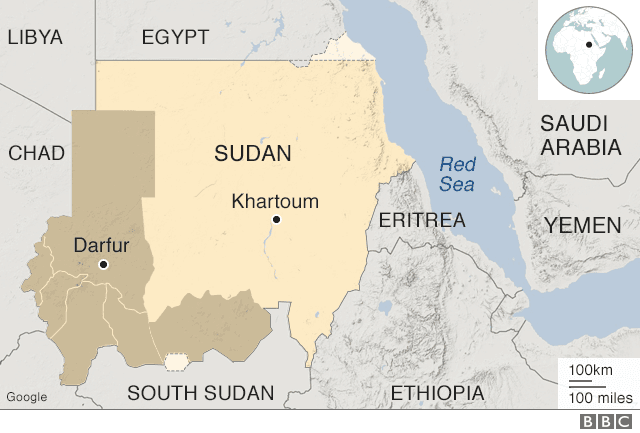Sudan’s worsening war has pushed multiple regions into simultaneous humanitarian catastrophes, with the United Nations and local activists reporting alarming surges in deaths from hunger, malnutrition, and preventable disease — alongside relentless violence targeting civilians.
In El Fasher, the last major city in Darfur still under Sudanese army control, more than 60 people — mostly women and children — died in a single week from malnutrition, according to the UN Office for the Coordination of Humanitarian Affairs (OCHA). UN officials warned that famine, first identified last year in the Zamzam displacement camp, has now likely spread to other areas under siege.
The crisis escalated further on August 11, when the paramilitary Rapid Support Forces (RSF) launched a multi-pronged assault on El Fasher. The Sudanese army, backed by allied armed groups, claimed to have repelled the attack, which began with heavy shelling on military and civilian sites, including the Abu Shouk camp for displaced persons. Activists in the camp reported over 40 civilians killed and at least 19 injured, accusing RSF fighters of entering from the north, carrying out summary executions, and targeting homes and streets.
Local groups say El Fasher’s population is enduring severe shortages of food and medicine under a tight RSF blockade, while artillery and drone strikes continue to damage water sources, health facilities, and other vital infrastructure.
Meanwhile, North Darfur is also grappling with a cholera outbreak, with over 5,300 cases and 84 deaths reported since late June. Aid workers blame overcrowding, poor sanitation, and heavy rains for accelerating the spread of the disease. Despite the opening of treatment centres, access for humanitarian deliveries remains severely restricted.
In South Kordofan, the city of Kadugli is experiencing a parallel emergency. At least six people, including three children, died last week due to a collapse in medical services and critical shortages of food and medicine. Three kidney failure patients reportedly lost their lives after missing dialysis sessions.
Residents describe soaring food prices — with a local measure of sorghum reaching 35,000 Sudanese pounds and individual onion slices selling for 1,000 pounds — as armed groups allied with the army impose additional fees on goods. Humanitarian agencies say supply routes have been cut off from multiple directions: the SPLM-N rebels have severed main roads and shelled the city, while RSF forces are blocking aid and goods from El-Obeid.
The combined effect of these blockades has left Kadugli and surrounding towns like Dilling on the brink of deeper disaster, with aid workers warning that “a slow death” is unfolding as food and medicine become almost impossible to obtain.
As Sudan’s conflict grinds on, international agencies are appealing for urgent, unimpeded humanitarian access across all affected areas — but on the ground, civilians continue to face bombardment, disease, and hunger without relief in sight.



